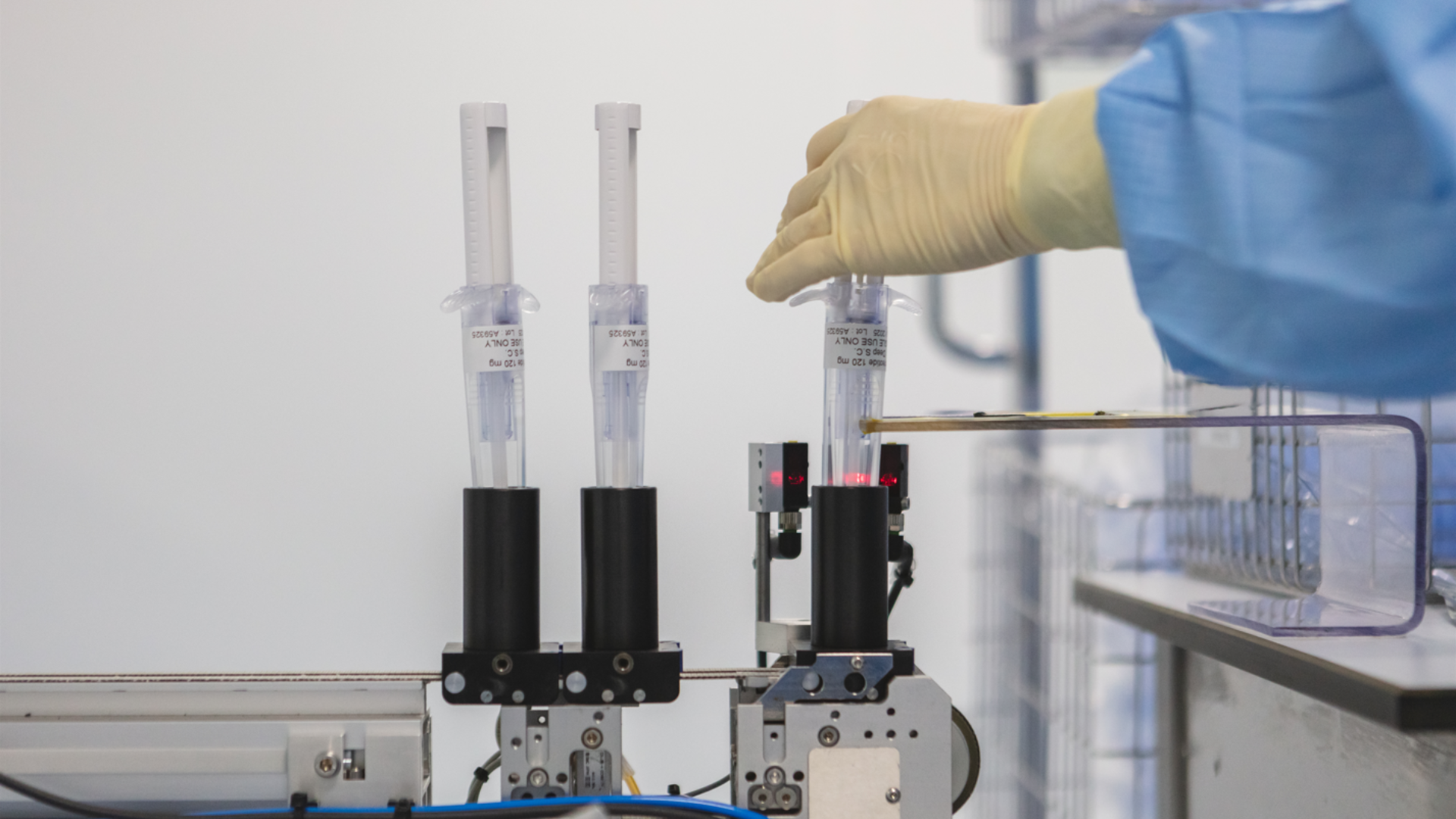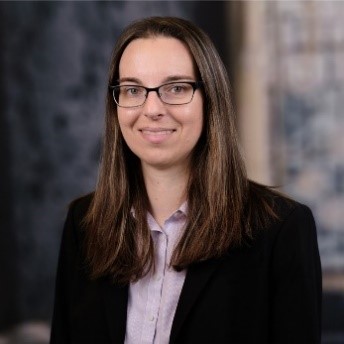Better, Bolder Science: Across the bench collaboration in epigenetics

The past 30 years have brought significant innovations to the way cancer is diagnosed and treated, including for people with some of the most difficult-to-treat cancers. As scientific understanding has expanded, we now know what drives certain cancers through biomarker testing, which has allowed for personalized treatment to target specific mutations.
We are in the age of precision medicine in cancer – first targeted therapies, then immunotherapies and most recently CAR-Ts. The more we understand about the “basic science” of cancer, treatments will continue to become more precise and personalized. One example of this new frontier in research is the study of epigenetics, which is helping us meet cancer where it forms.
The study of epigenetics related to cancer dates back to the early 1980s. In simple terms, the field of epigenetics studies changes to DNA that impact gene expression. These epi changes are part of normal biological functioning that can be inherited or can occur in response to a person’s behavior or environment. However, unlike mutational genetic changes, epigenetic changes are dynamic and reversible, as they do not change the DNA sequence itself.i
Some epigenetic changes involve processes that cause cancer. Alterations to the chromatin structure can ‘switch on’ the expression of pro-cancer genes or silence genes in the body that would normally protect the body against cancer.ii
Since epigenetic changes are reversible and susceptible to external factors, they make promising targets.iii By understanding how and which epigenetic changes lead to cancer, scientists can develop treatments to target and modify these processes. And in doing so, epigenetic treatments might have less impact on overall quality of life or fewer associated side effects.i Research is also ongoing into the potential use of epigenetic changes as biomarkers for cancer diagnosis.
What do an engineer and an animal scientist have in common?
Dr. Lindsey Rodrigues, a biomedical engineer and cancer biologist by training, and Lindsey Eichinger, who has a background in veterinary sciences and cell biology, are two scientists at Ipsen who are leading the exploration of epigenetics – a new frontier for cancer research and the future of cancer care.
“I’ve always been fascinated with the concept of ‘drugging the undruggable’,” explains Dr. Rodrigues. “It is well known that proteins that modify the epigenome are dysregulated in cancer and many other diseases, yet historically, it has been difficult to develop medicines for these targets.”
This Ipsen research team starts with identifying these epigenetic drivers and understanding the mechanisms that drive cancer growth before finding how to switch it ‘on and off.’
“Our platform-based approach to discovery allows us to quickly leverage learnings and then apply them to new targets, biomarkers and diseases,” notes Dr. Rodrigues.
The team has been successful identifying epigenetic drivers of cancer and building innovative tools that allow them to find new medicines to target these epigenetic dependencies.
Across the bench collaboration
The backbone of this type of highly innovative scientific research is not just one brilliant mind – it’s multiple.
“One key to advancing science is knowing that two, three or four heads are better than one,” notes Eichinger. “In practice, this means taking a step back when solving a problem and actively seeking out other perspectives from colleagues. There can be many different ways to solve a puzzle. No two people will approach it with the same thinking.”
Uniquely, their diverse educational and career experiences – paired with a dynamic team of chemists, structural and computational biologists, pharmacologists, toxicologists and others – bring different skillsets that both complement and challenge one another.
“We foster a one-team approach where open dialogue and collaboration is valued. We believe that when one person on a team succeeds, so does the rest of the team,” states Dr. Rodrigues. “This helps encourage growth and support, rather than create silos and barriers that can exist in some research settings. As we look at the epigenetic platform and beyond to other treatment modalities, our team hopes better, bolder science continues to translate into medicines that help more people.”
While at the heart of the team’s work they are exploring how the epigenetic platform can improve patient outcomes, their “x-factor” is their unique across-the-bench collaboration.
“It’s the diversity of ideas and experiences that will be key to successfully bringing new epigenetic therapies to patients,” explains Eichinger.


i Kelly TK, De Carvalho DD, Jones PA. Epigenetic modifications as therapeutic targets. Nat Biotechnol. 2010 Oct;28(10):1069-78. doi: 10.1038/nbt.1678. PMID: 20944599; PMCID: PMC3022972.
ii Baylin SB, Jones PA. Epigenetic Determinants of Cancer. Cold Spring Harb Perspect Biol 2016;8:a019505.
iii Lu Y, Chan YT, Tan HY, et al. Epigenetic regulation in human cancer: the potential role of epi-drug in cancer therapy. Mol Cancer 2020;19:79.
ALLSC-US-001404. May 2024

